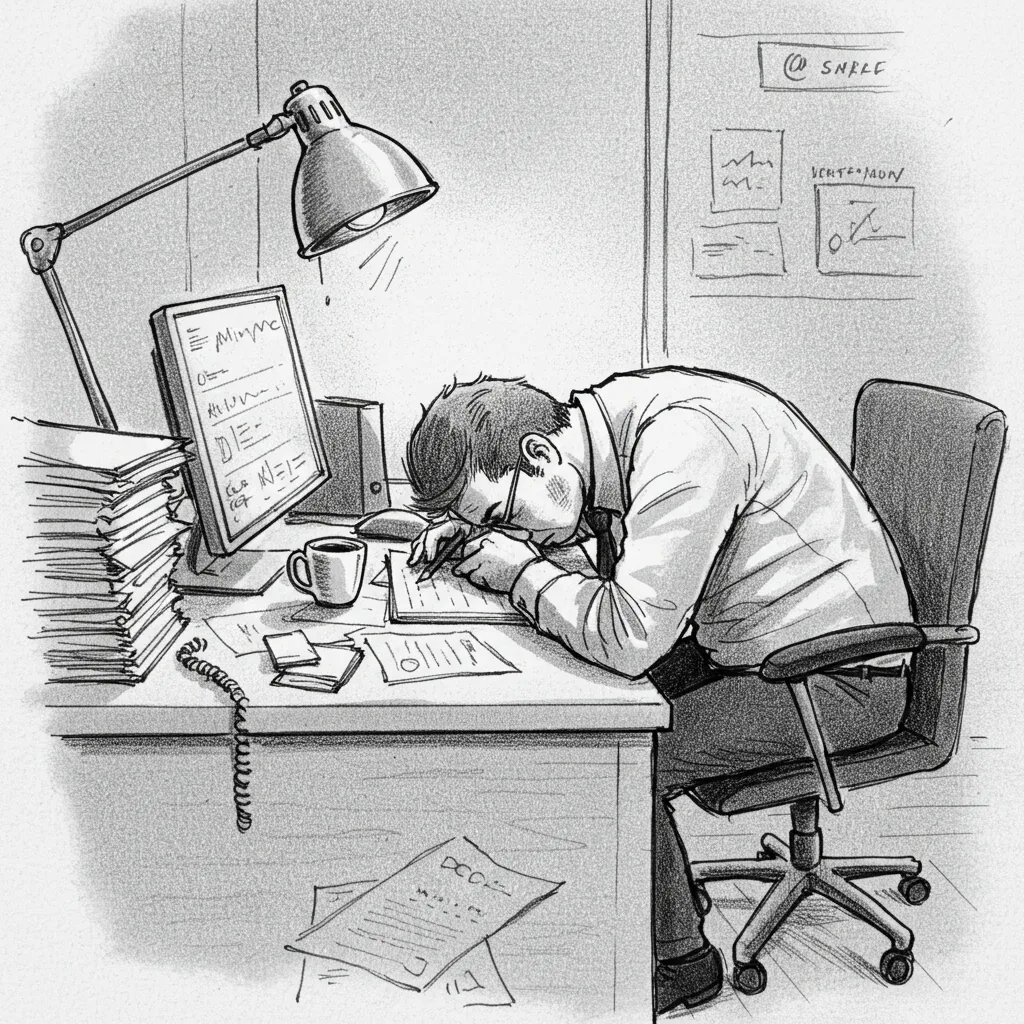
Addressing Burnout: Supporting Your Staff's Well-being
Working in addiction recovery and sober living environments is both rewarding and challenging. Staff members dedicate themselves to helping others rebuild their lives, often giving everything they have to support residents through their recovery journey. However, this level of commitment can come at a significant cost—staff burnout.
Staff burnout in sober living facilities isn't just about feeling tired after a long day. It's a state of physical, emotional, and mental exhaustion that can seriously impact both your team's well-being and the quality of care they provide to residents. Recognizing and addressing burnout isn't just good business practice; it's essential for maintaining a thriving, supportive environment for everyone involved.
Understanding Burnout in Recovery Settings
Burnout in addiction recovery settings presents unique challenges. Staff members work with individuals facing life-or-death situations, witness relapse and setbacks, and often carry emotional burdens home with them. The high-stress environment, combined with the emotional investment required to effectively support residents, creates perfect conditions for burnout to develop.
Common signs of staff burnout include decreased motivation, increased absenteeism, emotional exhaustion, cynicism toward work, and reduced empathy for residents. When these symptoms go unaddressed, they can lead to higher turnover rates, decreased quality of care, and a negative impact on facility culture.
Creating a Supportive Work Environment
The foundation of burnout prevention lies in creating a workplace culture that prioritizes staff well-being. This starts with open communication channels where team members feel safe expressing concerns, frustrations, and suggestions for improvement. Regular check-ins with staff members can help identify early warning signs of burnout before they escalate.
Implementing reasonable caseloads and ensuring adequate staffing levels is crucial. When staff members are overwhelmed with responsibilities, the quality of care suffers, and burnout becomes inevitable. Consider conducting regular assessments of workload distribution and adjusting assignments as needed to maintain balance.
Implementing Comprehensive Self-Care Programs
Self-care isn't a luxury in recovery work—it's a necessity. Establishing formal self-care programs demonstrates your commitment to staff well-being while providing practical tools for stress management. These programs might include access to counseling services, stress management workshops, mindfulness training, or fitness programs.
Encourage staff to take their scheduled breaks and use their vacation time. Create policies that support work-life balance, such as flexible scheduling options when possible, and respect boundaries around after-hours communication unless it's a genuine emergency.
Professional Development and Growth Opportunities
Investing in your staff's professional development serves multiple purposes. It helps prevent the stagnation that can contribute to burnout while demonstrating that you value their growth and career aspirations. Provide opportunities for continuing education, conference attendance, specialized training, and career advancement within your organization.
Cross-training staff in different areas can also help prevent burnout by adding variety to their daily responsibilities and ensuring adequate coverage during busy periods or staff absences.
Recognition and Reward Systems
Regular recognition of staff contributions goes a long way toward preventing burnout. Implement both formal and informal recognition programs that acknowledge exceptional work, milestone achievements, and everyday dedication. This might include employee of the month programs, peer nomination systems, or simple verbal acknowledgments during team meetings.
Consider implementing retention bonuses, competitive compensation packages, and comprehensive benefits that show you value your team's commitment to the work and your organization.
Building Resilience Through Team Support
Foster a culture of peer support where staff members can rely on each other during challenging times. Team-building activities, regular debriefing sessions after difficult situations, and mentorship programs can help build strong relationships among staff members.
Create structured opportunities for staff to process difficult cases or situations together. Group supervision sessions or case consultation meetings provide professional support while reinforcing that challenging situations are normal parts of the work.
Monitoring and Addressing Burnout Proactively
Develop systems for regularly assessing staff well-being through surveys, one-on-one meetings, and observation of behavioral changes. Early intervention is key to preventing burnout from reaching critical levels that result in turnover or compromised care quality.
When burnout is identified, respond with compassion and practical solutions. This might involve temporary workload adjustments, additional support resources, or modified responsibilities while the staff member recovers.
The Business Case for Addressing Burnout
Investing in staff well-being isn't just the right thing to do—it makes good business sense. High turnover rates are expensive, requiring resources for recruitment, training, and the inevitable disruption to operations. Staff burnout also impacts resident satisfaction and outcomes, potentially affecting your facility's reputation and success rates.
By prioritizing staff well-being, you're investing in the long-term sustainability and success of your sober living facility while ensuring that residents receive the consistent, high-quality care they deserve.
Ready to create a healthier, more sustainable work environment for your sober living staff? At Sober Living School, we understand the unique challenges facing recovery professionals and can help you develop comprehensive strategies to prevent burnout while maintaining excellent care standards.
Contact us today to learn how our coaching and consulting services can support your team's well-being and your facility's success. Visit us at https://soberlivingschool.com or call (888) 438-1790 to schedule a consultation and take the first step toward building a thriving, burnout-resistant workplace culture.
